Jin Sakai’s journey in Iki Island, as portrayed in Ghost of Tsushima: Director’s Cut, is one of the most emotional and intense story arcs in the game. Unlike Tsushima, where Jin is seen as a hero, Iki Island presents a new challenge—one that forces him to confront his past, face a ruthless new enemy, and survive in an environment that is deeply hostile toward samurai. This journey is not just about fighting Mongols; it’s about Jin’s personal struggles, his past traumas, and his ultimate quest for redemption.
1. The Call to Iki Island
Jin travels to Iki Island after hearing reports of Mongol forces led by a powerful shaman known as Ankhsar Khatun, or The Eagle. Unlike the Mongol leaders on Tsushima, The Eagle is more than just a warlord; she is a manipulative figure who uses mind-altering poisons and psychological warfare to break her enemies before killing them. The Mongols on Iki are different from those on Tsushima—they are more aggressive, unpredictable, and have adopted the island’s brutal ways.
As soon as Jin arrives on Iki, he is ambushed and captured by The Eagle’s forces. He is poisoned and forced to inhale a powerful hallucinogenic drug that affects his mind, making him experience haunting visions. These visions blend reality with memories of his father, Kazakage Sakai, who died on Iki Island years ago while trying to reclaim it from raiders. This sets the stage for Jin’s emotional and mental struggle throughout the DLC.
2. The Curse of the Past
Iki Island is not just another battlefield for Jin; it is a place of unresolved trauma. Years ago, as a child, he witnessed his father’s death at the hands of the island’s raiders. This moment left deep emotional scars, as he believed he was too weak to save his father. The people of Iki still remember the Sakai name, but not with honor—they despise the samurai, blaming them for their suffering. This puts Jin in a difficult position where he must operate in secrecy, unable to rely on his reputation or allies.
While exploring the island, Jin encounters a group of raiders called the Rebels of Iki. Unlike the Mongols, these rebels are not his allies; they despise the samurai and see Jin as an enemy. One of their leaders, Tenzo, initially distrusts Jin but later forms a fragile alliance with him. As Jin fights against The Eagle’s Mongols, he also has to prove to the people of Iki that he is different from the samurai they remember—an almost impossible task.
3. Battling The Eagle’s Influence
Throughout his journey, Jin continues to suffer from hallucinations caused by The Eagle’s poison. These visions manifest as voices in his head, shadows of his father’s death, and moments of weakness where he doubts himself. This creates a unique gameplay experience, where Jin must fight both physical and psychological battles.
The Mongols on Iki Island have also adapted new combat techniques due to The Eagle’s influence. They fight with unorthodox weapons, using fire, poison, and unpredictable attacks that make battles far more difficult. To counter them, Jin must embrace his Ghost techniques more than ever—using stealth, deception, and guerrilla tactics to take down Mongol strongholds.
4. Discovering the Truth About His Father
As Jin delves deeper into Iki Island, he uncovers more truths about his father’s failed campaign. He learns that his father was not the hero he once believed. Instead of liberating Iki, the Sakai samurai committed brutal acts, executing villagers and raiders alike in an attempt to control the island. This revelation forces Jin to question his family’s legacy and his own path as a samurai.
One of the most powerful moments in the story is when Jin fully realizes that his father’s downfall was not just the fault of the raiders but also of the rigid samurai code that prevented compassion and understanding. This is a turning point in his journey, as he decides to forge his own path—one that does not blindly follow the samurai way, but also does not fully embrace the dishonor of the Ghost.
5. The Final Confrontation
As Jin prepares for the final battle against The Eagle, he solidifies his alliance with Tenzo and the rebels. The Eagle’s forces are deeply entrenched, and the only way to stop her is to launch a direct assault on her stronghold. In a thrilling and intense climax, Jin finally faces The Eagle in a one-on-one duel. Unlike previous Mongol leaders, she does not rely on brute force alone—she continues to use psychological attacks, taunting Jin with his past and trying to break his will.
But Jin, having embraced both his samurai and Ghost identities, overcomes The Eagle’s tricks and defeats her. However, even in death, she leaves a lasting impact on him—the poison and hallucinations never fully disappear, signifying that some scars never truly heal.
6. A New Beginning for Iki Island
With The Eagle dead, the Mongols lose their strongest leader, and Iki Island is freed from their rule. However, Jin does not leave as a celebrated hero. The people of Iki still do not fully trust the samurai, but they acknowledge Jin as someone different—someone who does not follow the path of blind conquest.
His relationship with Tenzo also takes an interesting turn. Throughout the journey, Tenzo goes from an enemy to a reluctant ally, and in the end, he finally accepts Jin’s presence on the island. It is a small victory, but an important one for Jin’s growth as a character.
Conclusion: The Impact of Iki Island on Jin Sakai
Jin Sakai’s journey on Iki Island is one of the most powerful narratives in Ghost of Tsushima: Director’s Cut. It forces him to confront his past, challenge his beliefs, and embrace a new path that is neither fully samurai nor fully Ghost. The poison of The Eagle leaves a permanent mark on him, reminding players that even the strongest warriors are not invincible to trauma.
Iki Island is not just another battlefield—it is a reflection of Jin’s own inner turmoil. By the end of his journey, he emerges not just as a warrior, but as a man who has made peace with his past, even if his scars will never fully fade. His time on Iki reshapes him in ways that even the main campaign of Ghost of Tsushima could not, making it an unforgettable chapter in his legendary tale.




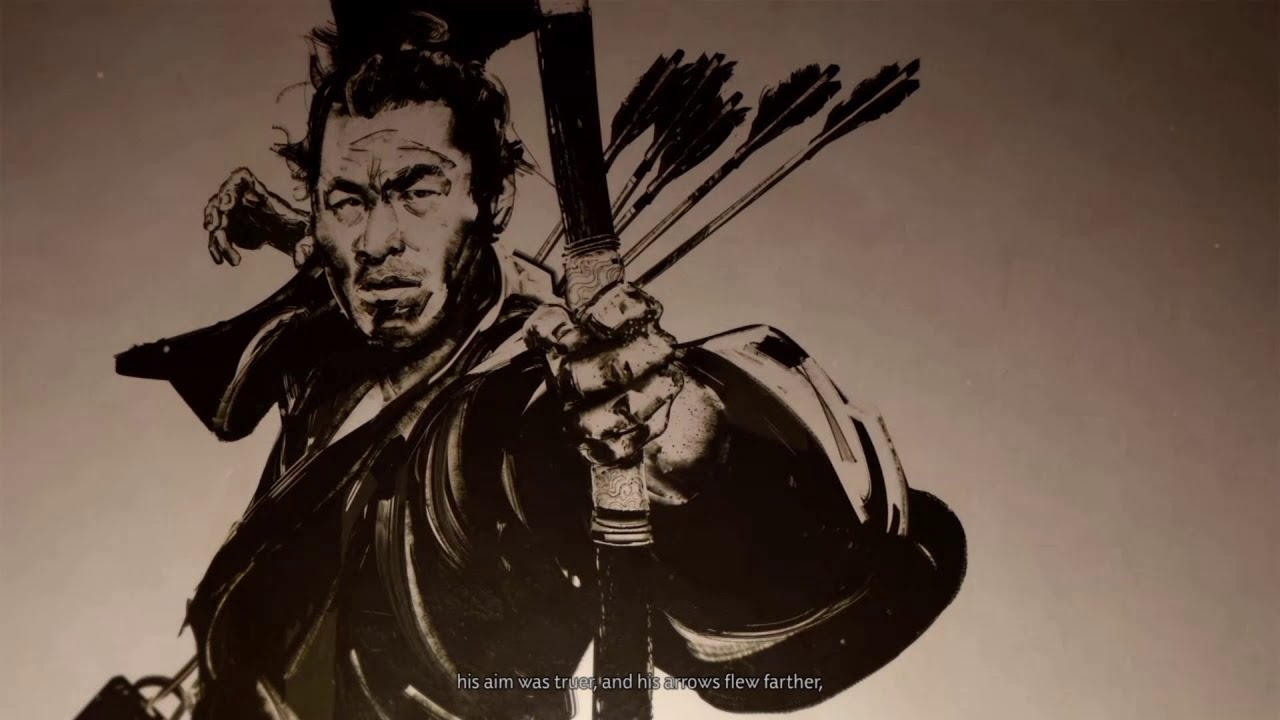
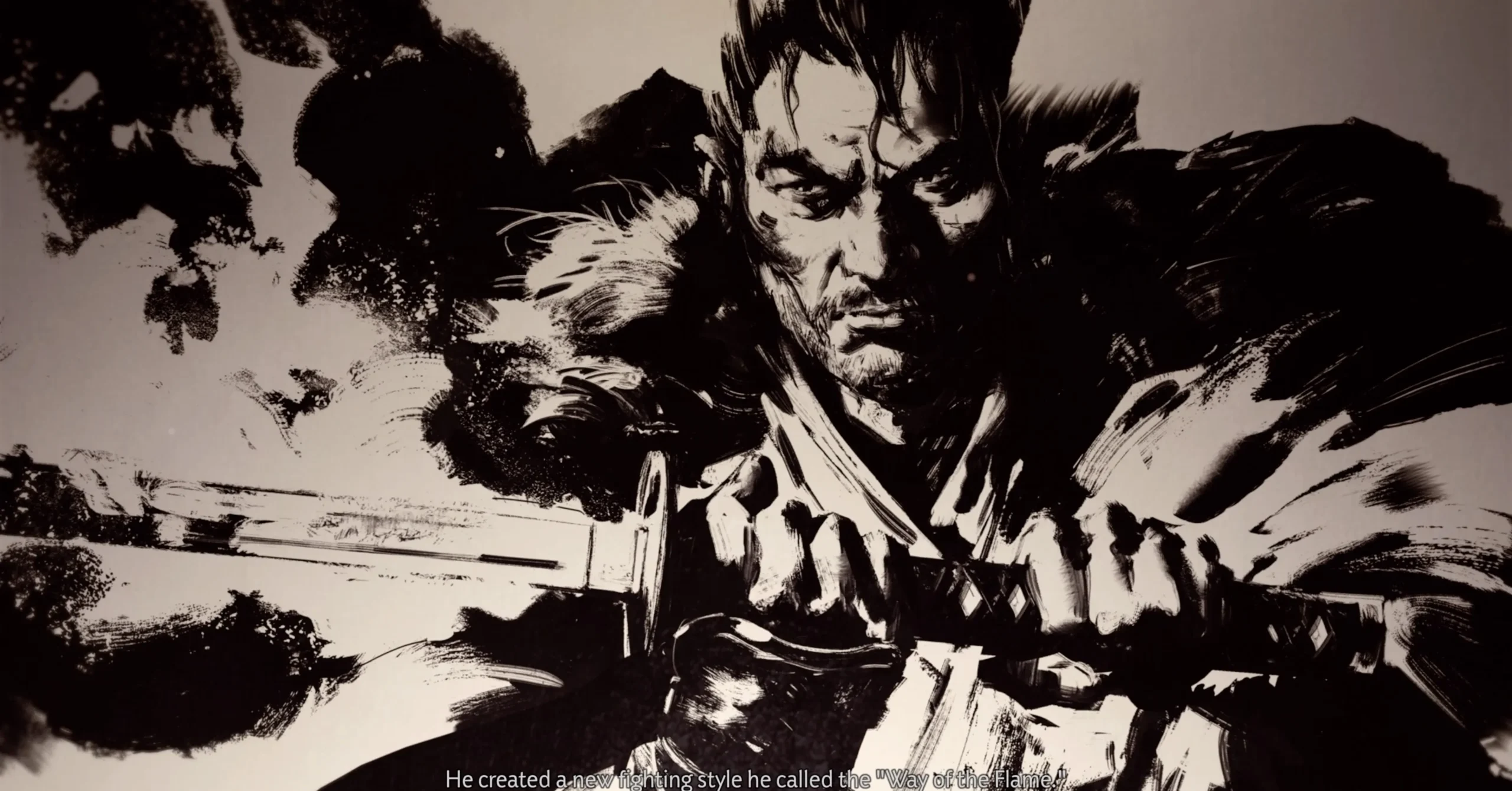
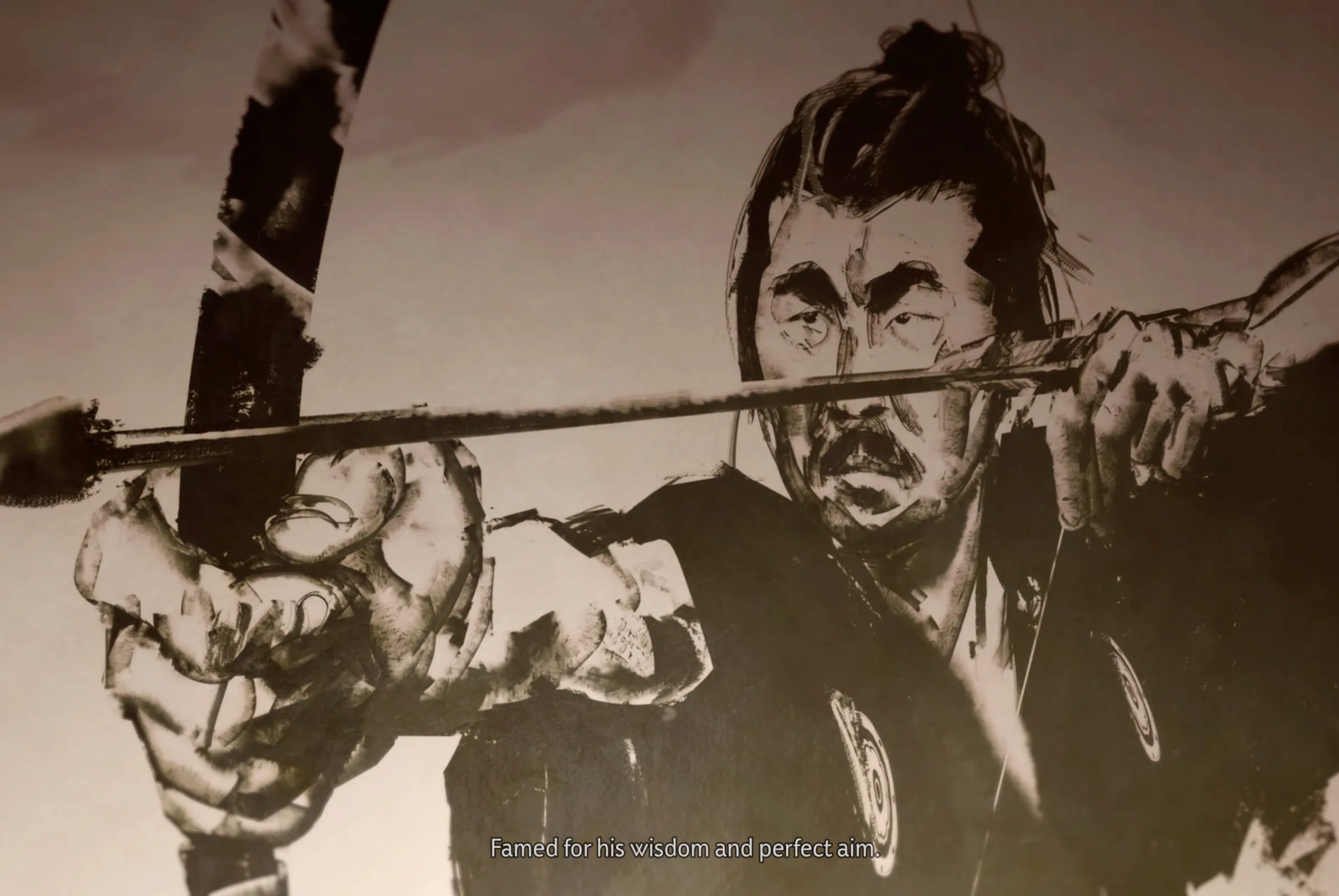
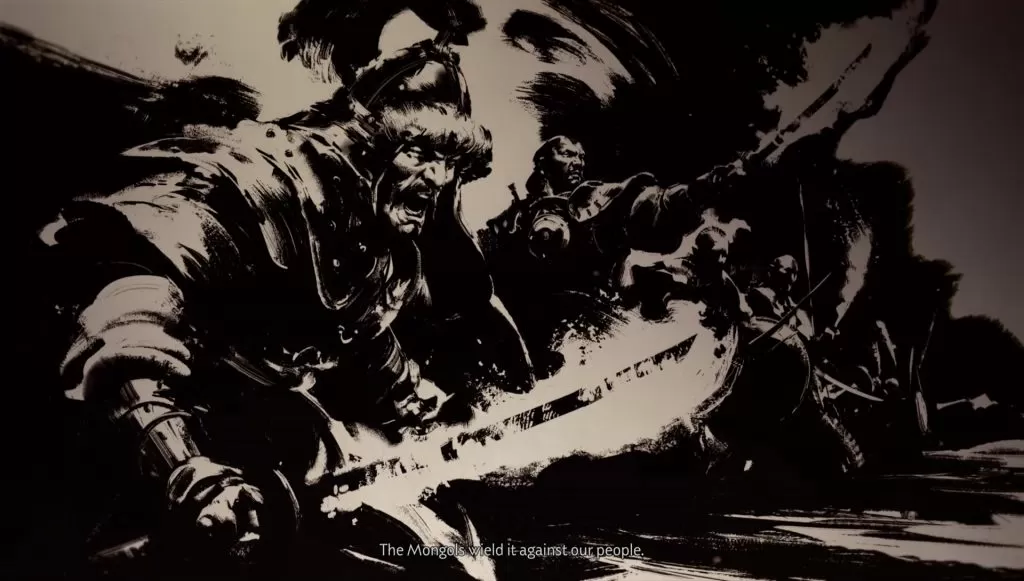

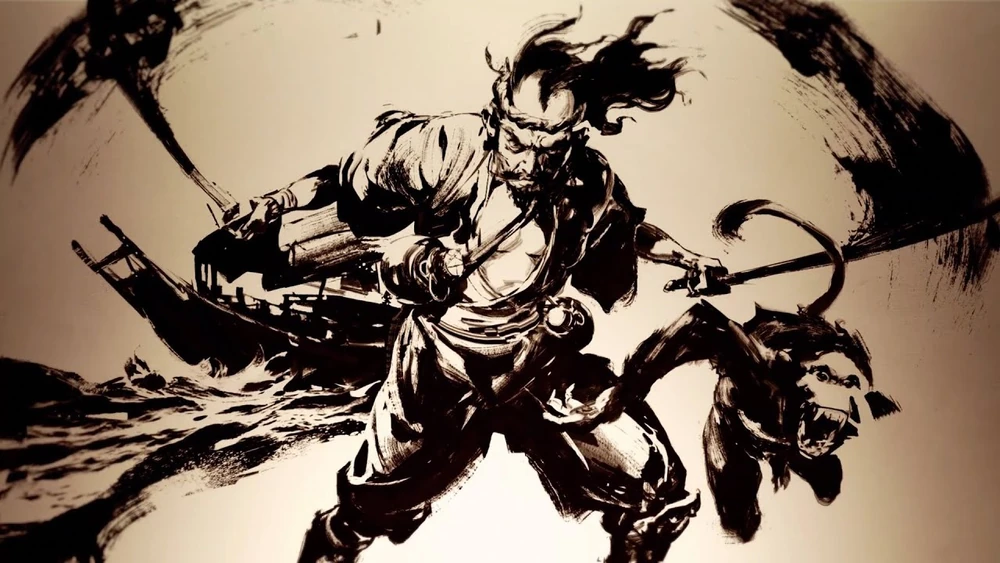
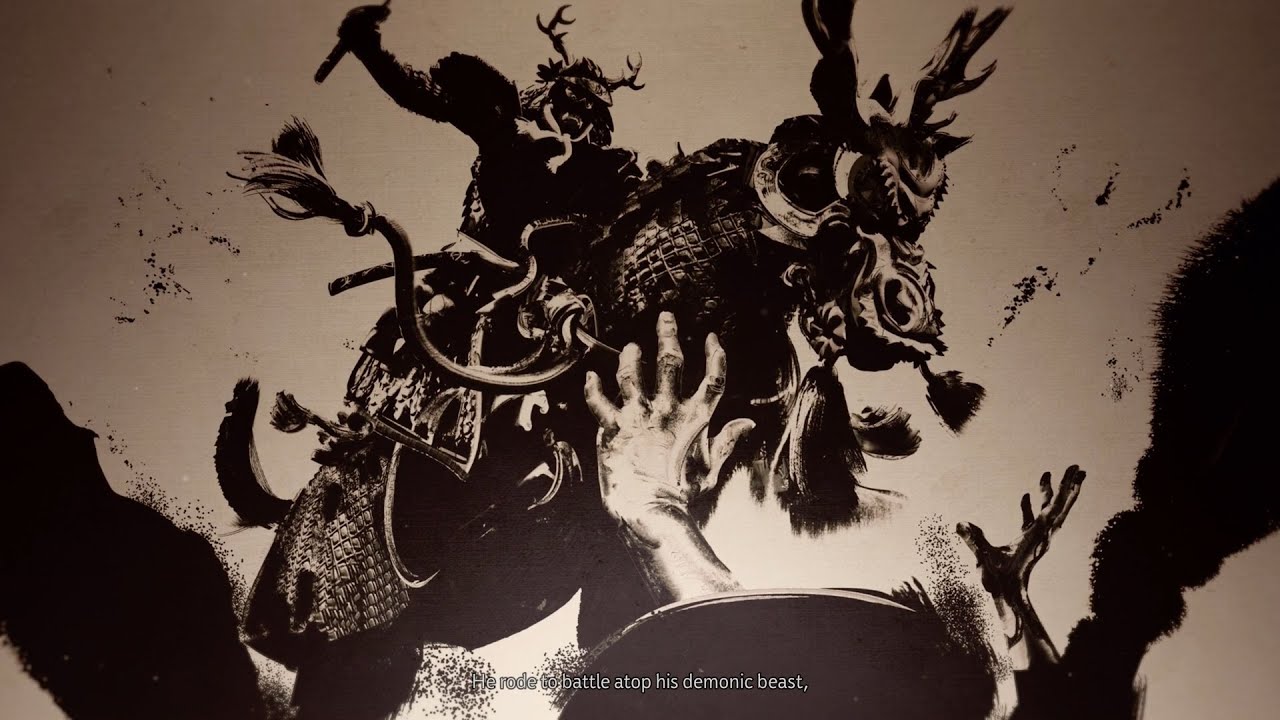

Leave a Reply